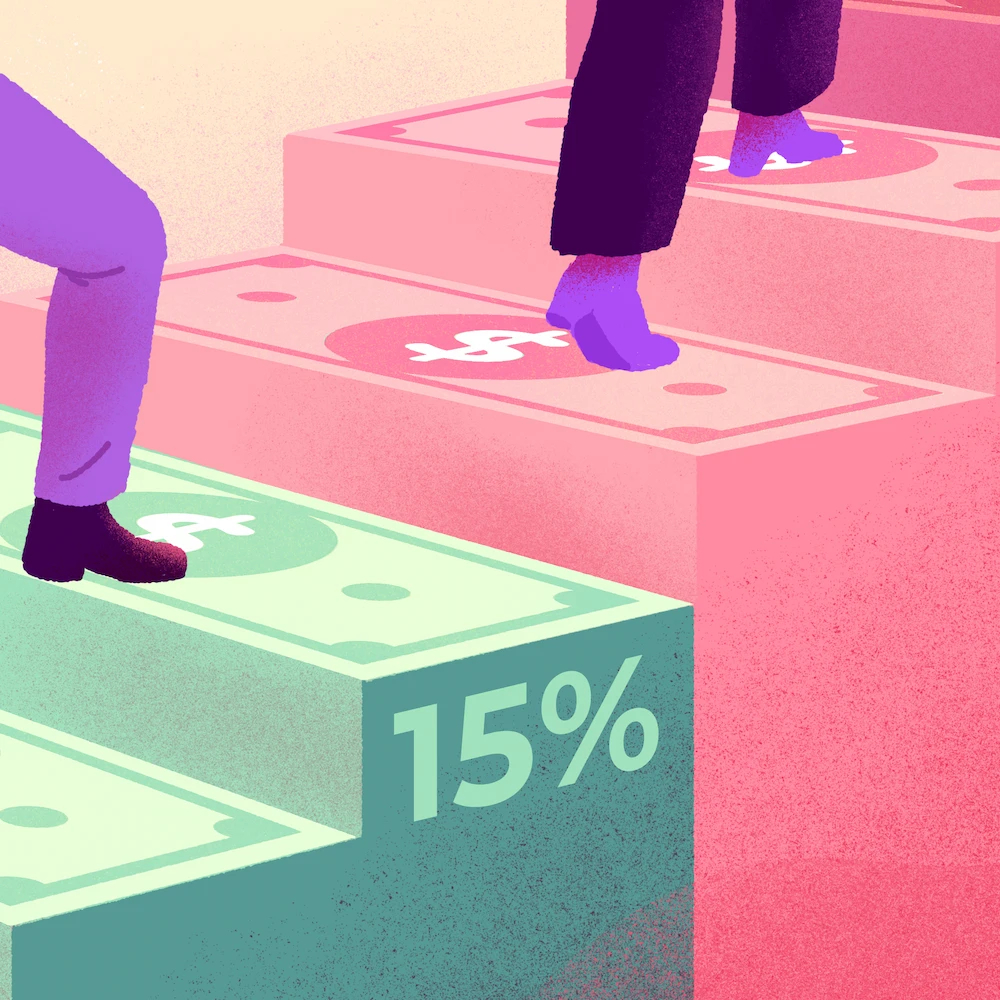Tangible rewards refer to rewards given by a manager or employer to recognize the work of an employee or thank them.
What Are the Different Types of Tangible Rewards?
The different types of tangible rewards include:
- Monetary: pay raise, bonus, etc.
- Gift: gift card, food basket, show tickets, etc.
- Company-branded merchandise: t-shirts, caps, water bottles, etc
What Are Examples of Tangible Rewards?
Examples of tangible rewards include:
- A pay raise
- A promotion
- A bonus
- A gift card
- An electronic gadget
- Show tickets
- Merchandise
- A paid lunch
- More time-off
- Etc.
What Are the Advantages of Tangible Rewards?
Advantages of tangible rewards typically include:
- Boosting the morale of the employees
- Increasing employee engagement
- Motivating employees to reach certain objectives
- Enforcing company values
- Increasing employee productivity
- Reducing employee turnover
- Nurturing employee confidence
- Increasing talent retention
What Are the Disadvantages of Tangible Rewards?
Disadvantages of tangible rewards typically include:
- Employee jealousy
- Cost
- Lack of internal motivation for employees
- Short lasting motivational effects
How to Prepare a Tangible Rewards Program?
To prepare a tangible rewards program, companies must find what motivates their employees to achieve their goals. They can send a survey to find more about their motivations and find the right rewards to match them.
They can create a list of rewards employees can receive and determine what is most suited for each one of them depending on the result of the survey.
Rewards should be given on a regular basis based on criterion decided by managers such as employee performance or the achievement of certain goals, for example.
Which Industries Use Tangible Rewards?
Any type of industries can use tangible rewards including:
- Construction
- Events and catering
- Retail
- Hotels
- Restaurants
- Pharmacies
- Health
- Tourism and seasonal
- Security
What Is the Difference Between Tangible and Intangible Rewards?
Tangible rewards are rewards employees can see such as a gift or a raise. Intangible rewards are rewards employees experience such as a praise from a manager, flexible workplace hours, or acknowledgments.








